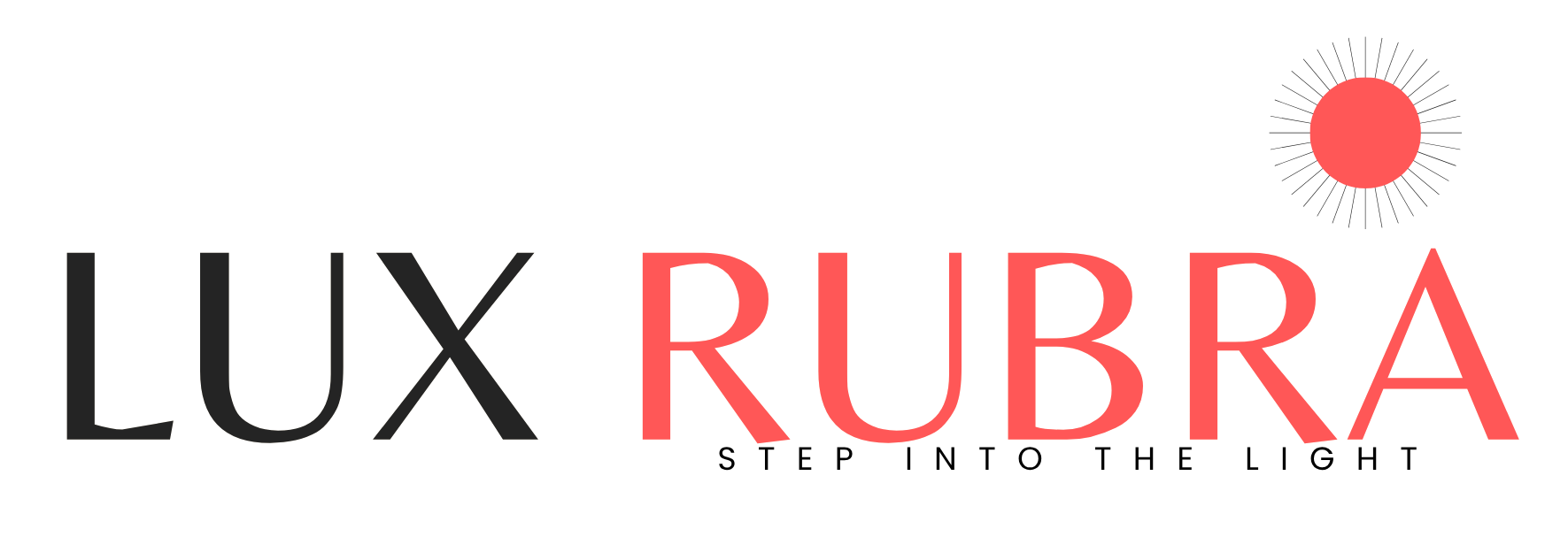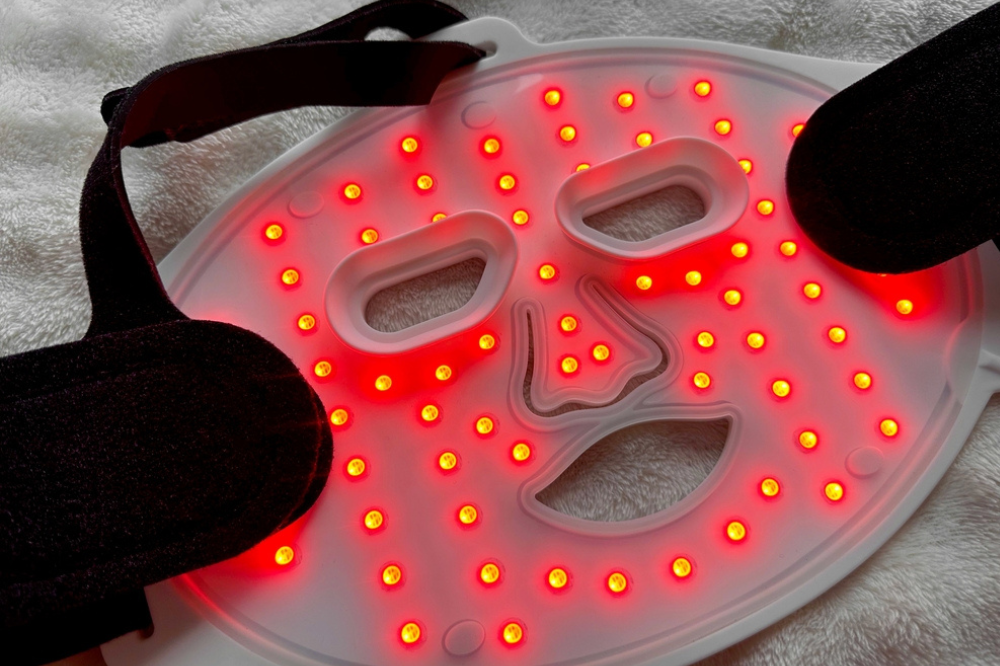Heard about red light therapy but not sure where to start? You’re not alone — this once-clinic-only technology is now available at home, and for good reason. From smoother skin to better recovery and even pain relief, red light therapy is gaining traction as a simple, non-invasive way to support your body and mind.
What Is Red Light Therapy?
Red light therapy (also known as low-level light therapy or LLLT) is a wellness treatment that uses specific wavelengths of red and near-infrared light to support skin health, muscle recovery, and general well-being.
The two most common and clinically backed wavelengths are:
- 660nm (Red Light): Targets the surface of the skin — stimulates collagen, reduces fine lines, improves tone and texture.
- 850nm (Near-Infrared Light): It penetrates deeper and helps with circulation, muscle soreness, joint pain, and inflammation.
What Can It Actually Help With?
Here’s what red and infrared light have been shown to support:
✅ Skin Health
- Boosts collagen production
- Reduces wrinkles and fine lines
- Improves skin tone and texture
- Helps with acne and inflammation
✅ Pain Relief & Muscle Recovery
- Reduces inflammation and stiffness
- Eases joint or muscle pain
- Speeds up post-workout recovery
- Helps with chronic pain conditions like arthritis
✅ Wellness & Mood
- Supports better sleep by helping regulate circadian rhythms
- May improve energy and mood due to mitochondrial stimulation
- Can help reduce fatigue
How Often Should You Use It?
For beginners, a good starting point is:
- 10–20 minutes per session
- 3 to 5 times per week
Results build over time. Some people notice changes within a week, while others see more gradual improvement over several weeks of consistent use. Like anything wellness-related, consistency is key.



Leave a comment
This site is protected by hCaptcha and the hCaptcha Privacy Policy and Terms of Service apply.